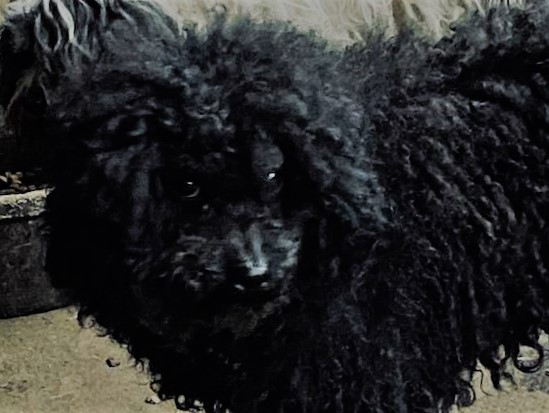My answer is not intended to detract from other answers and comments but rather to supplement these.
My mother took on an abused rescue dog - collected when he was about 6 months old - a beautiful black kelpie.
He was terrified of almost everyone in his early years, but as others have written, with time and patience he became an extraordinary, alert, truly considerate and highly social member of her pack. If he was shown kindness he gave so much energy in return.
Dogs that have suffered and recovered in this way seem to develop a deeper sense of empathy.
So this is my supplementary advice...
My dog at the time, a cattle kelpie cross had known my mother’s dog most of his life. They were great friends and loved spending time together.
My mother’s dog hated the garden hose. He would run away terrified if anyone of us picked up the hose.
We could only assume that a garden hose was somehow connected to his abuse by his original human. Bathing / washing him had to be done gently and carefully with a bucket of warm water and a sponge.
My dog didn’t like baths, but after a long walk on a hot day, he loved to be washed with cool water from the garden hose, especially if he’d swum in the nearly dam (very smelly).
After we walked the dogs together, at the end of a hot day, I’d wash my dog with water from the garden hose. Initially (first couple of years) my mother’s dog would not come near us. But over a period of a number of years of this repeated behaviour, eventually my mother’s dog began to come closer and closer. We could tell he was compelled to investigate this opportunity to enjoy the same pleasure that my dog obviously exuded, but remained somewhat scared.
One day, he walked up to me as I was finishing my washing routine with my dog and he let me wash him. It was a heartbreaking moment. We were all overwhelmed with happiness at his courage and faith and trust.
My understanding - this evolution in the behaviour of my mother’s dog developed over time, was closely connected to familiar patterns of behaviour and happy events.
However, I don’t believe we’d have witnessed this particular change, had he not developed a close relationship with myself and my dog, but also critical is that he saw my dog as a positive role model, whom he trusted implicitly.
My advice... not immediately, but over time, encourage your rescue dog to socialise with one or two other dogs that you know very well, you know are calm happy creatures and you can trust implicitly to provide a positive canine role model.
